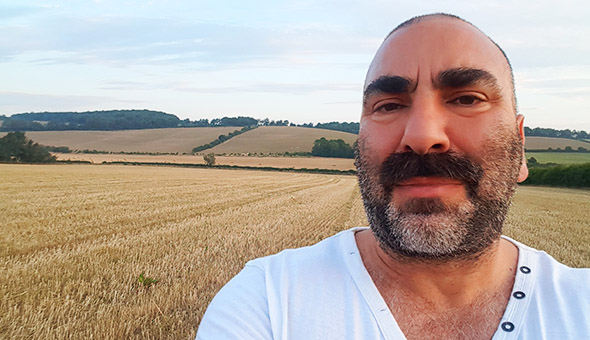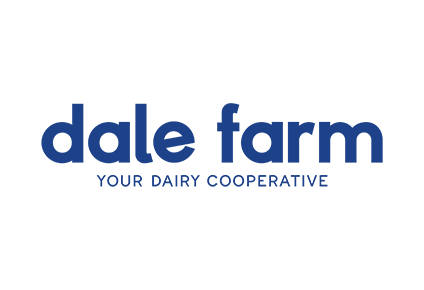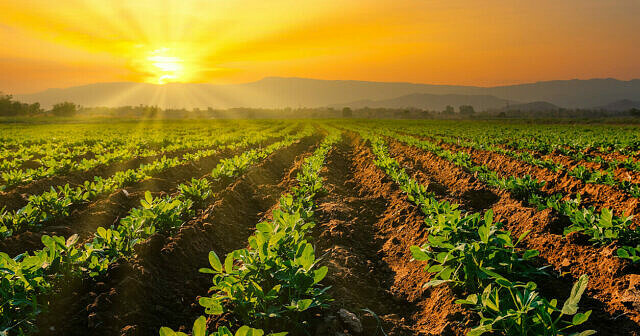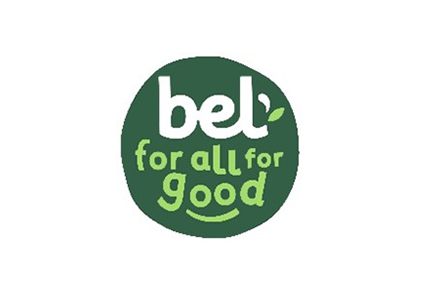Interview Athanasios Mandis: “In essence, we are looking at a slicker FSA Self-Assessment Questionnaire with a call for greater clarity on performance.”
23rd September 2020
Since its launch in 2014, the FSA has become world-renowned as a leading tool to guide and develop the continuous improvement of on-farm sustainability practices. The success of the FSA has become a shining example of the collaborative focus of SAI Platform members to create an industry aligned tool set that addresses common challenges.

2021 will see the release of FSA 3.0, an upgrade that acknowledges an ever-changing landscape across environmental, social and economic considerations. The development of FSA 3.0 passed a critical milestone recently with the approval of the FSA 3.0 Self-Assessment Questionnaire. We asked FSA Guidance Committee member Athanasios Mandis from innocent drinks to talk about some of the updates and developments to this core component of the FSA.
What are the main changes to the current Self-Assessment Questionnaire (SAQ) that we will see in version 3.0?
Athanasios: Before I discuss the main changes in detail, I would like to stress that there is a familiar feel to version 3.0. One of our primary objectives was to ensure continuity from the current version. We are fully aware of how much effort SAI Platform and its members have invested in making the FSA a reference standard for sustainable sourcing. We can ill afford to lose this momentum and the opportunity it represents.
Indeed, the sustainability landscape has significantly changed in recent years, especially our understanding of the role agriculture plays in climate change, biodiversity and practices associated with regenerative agriculture. We are also mindful that farming communities are the custodians of the land, and we need to be able to empower them to make the right choices. We cannot ignore the economic dimension of this discussion.
With this in mind, it should not come as too much of a surprise to see soil health and biodiversity feature strongly. There is also more emphasis on resource management of farm inputs, whether that is water, nutrients, crop protection or energy sources.
We have also created caveats to a limited number of questions for smallholders to take some pressure off demonstrating practices with resource-heavy questions.
What are the biggest improvements to the SAQ in terms of its ability to assess and enhance on-farm sustainability?
Athanasios: There are three significant improvements which broaden into a more user-friendly and enhanced experience. In essence, we are looking at a slicker SAQ with a call for greater clarity on performance.
First, we have addressed some of the repetitiveness and ambiguity from the current version and classified the order of questions in a more logical flow. We have also clarified and narrowed the scope of questions without being prescriptive. This improvement not only better informs the user of the ask but also requires a more mindful and thorough response to satisfy the performance criteria.
Second, we have created pre-filter sections. By categorising questions more effectively, we have introduced six pre-filters to determine whether the upcoming set of questions is relevant. For example, if the user does not use irrigation, the section is pre-filtered as not applicable without having to wade through the entire set of questions. Removing this noise permits a more tailored user experience.
Third, we have placed greater emphasis on activities that are known to have the most significant impact on climate change and environmental degradation.
We had a public consultation on the first draft of version 3 of the SAQ. How did the consultation feedback help to improve the subsequent versions of the SAQ?
Athanasios: The consultation feedback was pivotal in helping us to create and shape some of the new features. It also helped bring us closer to the needs and often competing demands of users. Our objective was to see whether the questions could stand on their own merit. Overall, feedback indicated that we had been too draconian. We had taken out too many elements in the anticipation that the baton would be handed over from the SAQ to new components of the FSA such as the Continuous Improvement Module. We realised that this had compromised the integrity and structure of the questionnaire.
Feedback varied from very specific to more nuanced. At times a consensus emerged while there was, also conflicting needs, which is great, as we wanted users to comment on the SAQ in the context of their supply chain.
Bringing all this feedback together has been a tremendous amount of work for you and the working group that is leading this effort. What can you tell us about the process involved to get to this milestone moment?
Athanasios: I was very fortunate to have a talented, dedicated and experienced working group of SAI Platform member representatives. There is a massive amount of respect for my peers, and their input has been invaluable. They have pushed me to the limitations of my comprehension, helped prevent the language from becoming too technical and ensured a more user-friendly experience.
We had to deconstruct the current SAQ and reconstruct it into something familiar, but at the same time modern. It needed to be relevant and fit-for-purpose with a better understanding of the sustainability challenges we face and demands placed on us by its users. We knew that the other working groups could not fully get going until there was enough shape to the SAQ. A deep dive into the questionnaire was necessary for this but living and breathing the document helped refine our thinking too.
A more recent litmus test was putting out the final draft of the SAQ to experts for their feedback. There were no blind spots identified, and the comments were minor. This is a testament to what we have achieved to date.
I know I speak for my peers, but also the leads of the other working groups when I say how excited we are about the shape the FSA is taking. This is particularly true in how some of the tools will empower the user to determine priority focus areas for continuous improvement.
SAI Platform FSA 3.0 is due to be launched in April 2021.
The members of the FSA 3.0 Systems Working Group that have worked on the new Self-Assessment Questionnaire are Athanasios Mandis (innocent drinks, Chair); Iver Drabæk (Nordzucker, Chair of the FSA 3.0 Guidance Committee); Emese Brósz (ProTerra Foundation); Martina Henry (Diageo), Bernd Lindmeier (Agrana) and Christopher Münke-Svendsen (Nordzucker).


